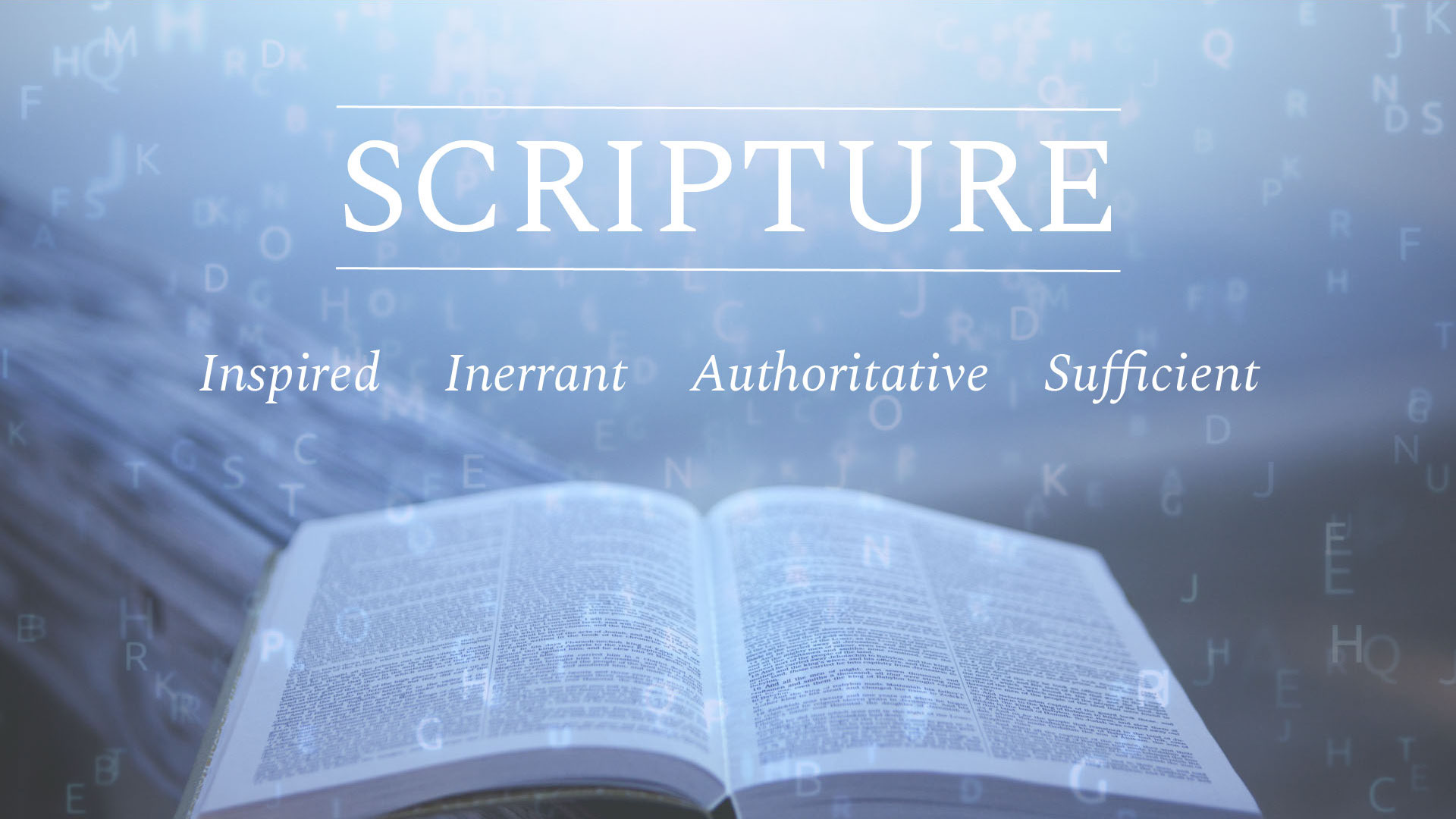-
The Word Is Truth Series
Contributed by Doug Fannon on Aug 27, 2018 (message contributor)
Summary: We can trust the Word because the Word is Truth.
- 1
- 2
- 3
- 4
- Next
Video: Stewarding the Truth (3:15 min. - available on Sermon Central)
2 Timothy 2:15 (NKJV) Be diligent to present yourself approved to God, a worker who does not need to be ashamed, rightly dividing the word of truth.
How do we rightly divide the word of truth? For much of the world they would not know the truth if it hit square between the eyes. We have in our hands the truth of God’s words. The Bible does not merely contain truth, It is the truth, all of it. Everything the Bible touches on is true.
Psalm 119:160a (NKJV) The entirety of Your word is truth,
The Bible is not a textbook on Science, astronomy, physics etc. However, whenever and wherever it touches on the sciences or on history, it is accurate. The Bible claims to be the inspired word of God. If it is not what it claims to be, then it cannot be trusted in matters of theology, much less science and history. If the Bible is only partly true, what parts are trustworthy and what parts are not? We either trust the entire Bible as truth, or we trust none of it. We do not get to pick and choose the parts we like. But, if the Bible is what it claims to be, then it cannot contain errors of any kind. If the Bible is to be considered accurate in the one area of Theology, it should be trusted in all areas that it addresses.
Why Trust the Word? Why should be confident on the reliability of the Word? Because: The Word is Truth. The very words of God is completely true and nothing false exist in it at all.
John 17:17 (NKJV) Sanctify them by Your truth. Your word is truth.
OPENING ILL: Rosaria Champagne Butterfield, was raised and educated in liberal Catholic setting. Rosaria fell in love with the world of words. In her late twenties, allured by feminist philosophy and LGBT advocacy, she adopted a lesbian identity. Rosaria earned her PhD from Ohio State University, then served in the English department and women's studies program at Syracuse University from 1992 to 2002. Her primary academic field was critical theory, specializing in queer theory. Her historical focus was 19th-century literature, informed by Freud, Marx, and Darwin. She advised the LGBT student group, wrote Syracuse University’s policy for same-sex couples, and actively lobbied for LGBT aims alongside her lesbian partner.
In 1997, while Rosaria was researching the Religious Right “and their politics of hatred against people like me,” she wrote an article against the Promise Keepers. A response to that article triggered a meeting with Ken Smith, who became a resource on the Religious Right and their Bible, a confidant, and a friend. As she because to read the Bible for research, at a dinner party a transgender friend made the observation, “This Bible reading is changing you, Rosaria.” Her reply was, “what if it is true? What if Jesus is a real and risen Lord? What if we are all in trouble?”
In 1999, after repeatedly reading the Bible in large chunks for her research, Rosaria converted to Christianity. Her first book, “The Secret Thoughts of an Unlikely Convert,” details her conversion and the cataclysmic fallout—in which she lost “everything but the dog,” yet gained eternal life in Christ.
Her life totally changed. She stopped considering herself a lesbian, and chose to define herself as a Christian. She left academia, married a Minister and they adopted four children and fostered others and is a homeschooling mother, author and speaker.[1]
Rosaria went to judge the Word, but she quickly found out the truth of God’s word judged her. As we read last week, Hebrews 4:12a "For the word of God is living and powerful . . ."
Lives are changed. We can trust the word because it is the truth. Often time we do not like truth, but our like or disliking of the truth does not change the truth.
John 17:17 (NKJV) Sanctify them by Your truth. Your word is truth.
This is Jesus’ prayer in the Garden before His arrest, trial, and crucifixion. Jesus is praying for his disciples and all those who will follow in the years and centuries to come.
Jesus called for His disciples to be: “Sanctified” Let’s examine that that word for a moment. In the Greek, it is from the root word “Holy” Sanctified means to make holy. To be holy is to be set aside for a special purpose, to be consecrated is to be prepared to be used of God. And that is our call, to be holy. Not just on Sunday morning, but in all we say and do.
1 Peter 1:15–16 (NKJV) but as He who called you is holy, you also be holy in all your conduct, 16 because it is written, “Be holy, for I am holy.”

 Sermon Central
Sermon Central



